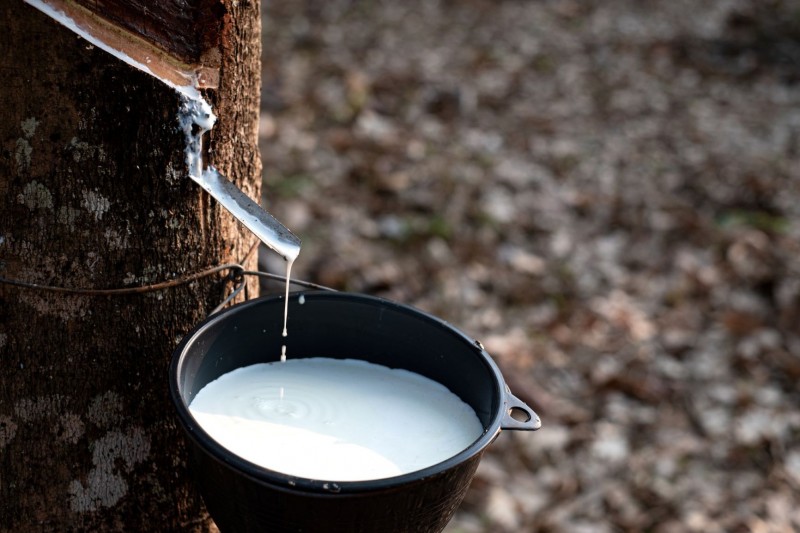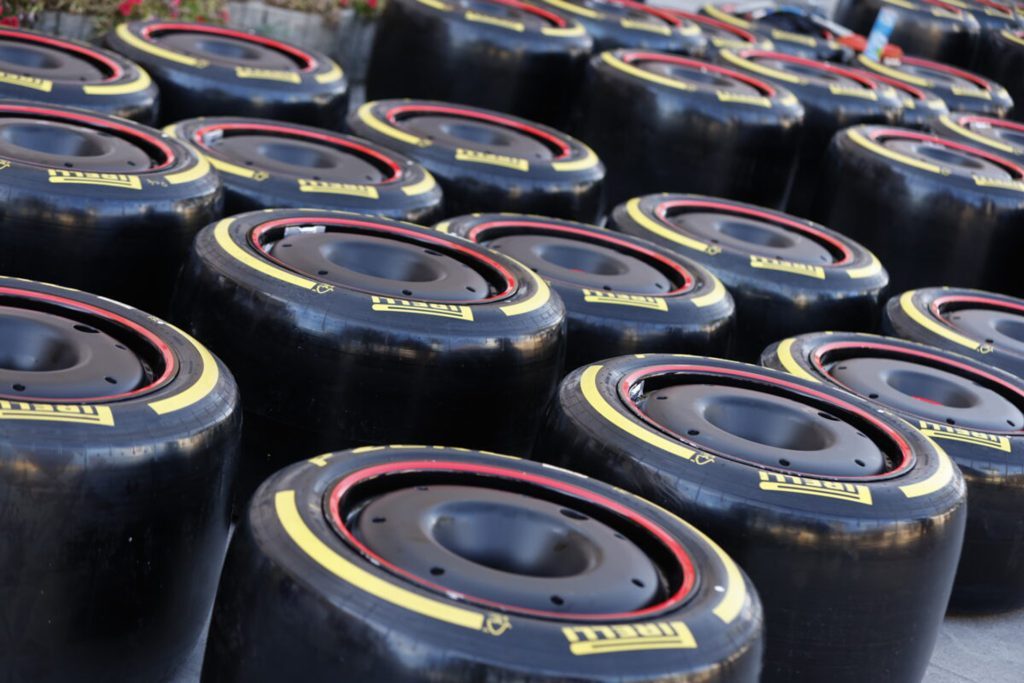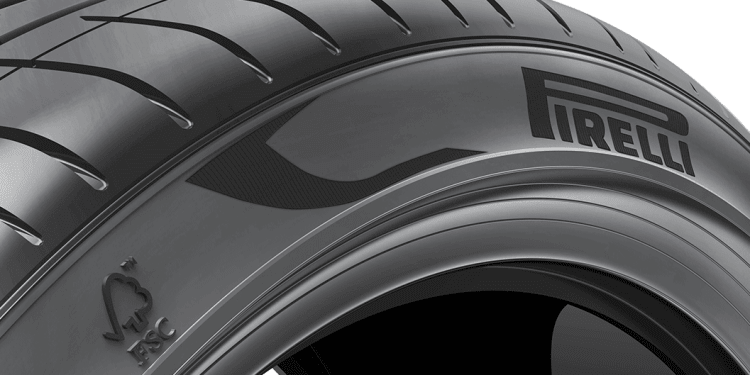Tyre makers aim for improved environmental creds
Words NZ Autocar | Images Pirelli, Michelin
Pirelli is using natural rubber and rayon in its tyres and these will be FSC certified by 2026, i.e., forests are responsibly managed and meet the highest environmental standards.

Tyres are amongst the most complex components in a car and in the past their sustainability credentials have been questionable.
Pirelli recently announced it is improving its environmental creds by stating that all natural rubber and rayon used in its tyres will meet FSC (Forestry Stewardship Council) certification standards by 2026. The FSC certification confirms that plantations are managed “to preserve biodiversity and benefit people living in the area”. It also ensures the certified material is not contaminated by uncertified material on the way to the finished product.
Amongst the first new vehicles to be using Pirellis latest tyres is the upcoming electric Range Rover.
Pirelli made the first FSC-certified natural rubber and rayon road tyre in 2021. This year it also used the certified natural rubber in its Formula 1 tyres from the start of the season. It accounts for around 15 per cent of the total weight of each tyre.

More recently, it introduced its natural compounds in the Pirelli P Zero Race RS. Each of these tyres consists of 23 per cent certified natural rubber.
Tyre makers are now reducing the environmental impact of their products, and in particular the components used to make them.
Their hoops typically comprise some natural rubber, several types of synthetic butadiene rubber, carbon black (a filler made from coal tar), silica, nylon, petroleum, textile cords, curing chemicals, and resins, amongst a host of lesser ingredients.
Michelin is attempting to produce bio-based butadiene. Its synthetic rubber will use bioethanol instead of petroleum. Evidently it has succeeded in making bio-based butadiene on an industrial scale. Manufacturers are also making silica from rice husk ash instead of mining sand which is environmentally damaging. The husk ash route also requires lower temperatures in the processing.
Recycled PET bottles are used to make polyester fibres, while petroleum-based resins are being replaced by bio-based resins. Carbon black is now recycled from used tyres and steel cords are being made from recycled steel.
Rayon is made from natural sources, such as wood and natural fibres, which are regenerated as cellulose fibres.
Michelin has been making road tyres with 45 per cent sustainable materials since 2023. Similarly, Continental’s UltraContact NXT tyres has up to 65 per cent recycled, renewable and certified material.





